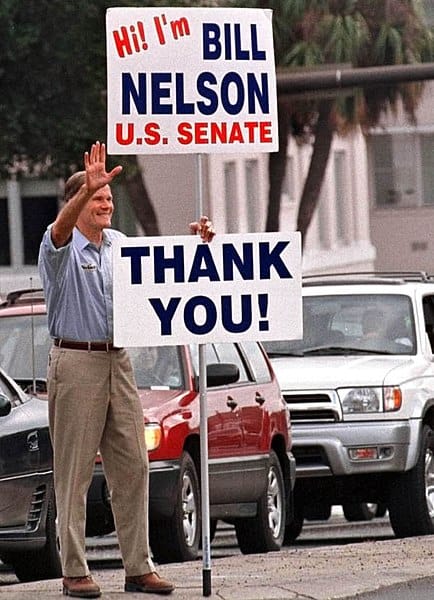A Few Minutes for a Stronger Democracy

I have to imagine that "National Thank a Politician Day" wouldn't be a widely celebrated holiday. But let's see if I can make the case for it.
When most of us hear the word politician, what likely springs to mind is a lying, cheating, in-it-for-themselves grifter over in D.C. The type ready made for a Dolly Parton tune. And some of that species absolutely are roaming the Hill of our nation's capital city.
But our view of who a politician is can skew pretty national, can't it? There are 535 politicians in Congress (100 Senators, 435 House Members), plus the President and Veep. But there are some 500,000 elected officials in state and local government across the country.
School board members and state Senators, county commissioners and district attorneys, town councilors and mayors. Not to mention governors, sheriffs, state Representatives, state auditors, and probate judges. This joint is teeming with politicians!
There are rotten apples, who tend to get the most airtime and can be perceived as representative of the whole politician lot. But there are plenty of decent elected officials quietly helping to get their constituents' power back on, secure broadband for rural communities, get safer speed limits in neighborhoods, fund crisis hotlines and domestic violence shelters, improve services for foster children, streamline the DMV process. And much more.
What's key is not to take the good ones for granted. Not to let the folks with their heads down doing the work be eclipsed by the loudmouths doing the work of getting airtime for their troublemaking.
Being in elected office right now seems pretty rough and tumble. You may get smeared on social media. You may get demonized by the other party. You may get violent threats. Toss in mostly crumby pay, and other than that, Mrs. Lincoln, how'd you like the play?
Let's talk pay for a moment. U.S. Senators and House Members make $174,000, which most folks would say isn't at all crumby. But remember, the bulk of politicians aren't in Congress.
State legislator salaries cover the waterfront and depend on whether the legislature is full-time (California) or part-time (40+ state legislatures). My part-time legislators make $26,416 over a two-year legislative session. Check what yours make here!
Town/city councilor salaries vary wildly, but it's safe to say most folks aren't doing it for the Benjamins. Portland, Maine's part-time city councilors get a $6,947 stipend plus health insurance.
Good (and not-so-good) eggs are getting out of the game - as of this writing, nearly 9% of Congress is retiring (50 of 535 members). Plenty of good eggs up and down the ballot are never getting into the game; large numbers of races go uncontested.
Now we might think, "I don't get a Meritorious Citizen Award when I stop for a pedestrian in the crosswalk, why should a politician get a standing-o when they take the right vote? It's their job."
Fair enough. But a good boss thanks employees for their work, doesn't she? It improves morale, maybe even makes folks want to stick around when the going gets tough.
It's also true that we never really know all the factors a politician weighs when they take a vote. In 2012, then-Congressman Rodney Frelinghuysen was pushing for $33 billion in Superstorm Sandy relief to help his New Jersey district. Most in his party opposed it because of the price tag, but Congressman Tom Cole, a member of the Chickasaw Nation, supported it because Rep. Frelinghuysen's ancestor, Senator Theodore Frelinghuysen, gave a three-day speech against President Andrew Jackson’s effort to force tribes west in the 1830s.
Now that's a pretty deep cut; few vote calculuses are likely to date back to the 1800s. But it's true that politicians might be juggling any number of constituent, party, and ideological demands, along with favors owed to others and favors owed to them, on a vote.
Take Senator Mitch McConnell asking Sen. Susan Collins for a "personal favor," namely to vote against establishing an independent January 6 Commission. Sen. Collins didn't grant the favor, though the Senate couldn't get the votes for a Commission and it became a House-only entity. (This anecdote comes from former Congresswoman Liz Cheney's memoir, Oath & Honor – p. 185, for those reading along.) But a "no" to one favor may mean the next favor needs to be a "yes."
Social psychology research tells us we need three positive experiences to counterbalance one negative experience. Our thank you could be one of the pluses in a politician's crap sandwich of a day, maybe nudge them towards wanting to stick around, run again.
Our democracy needs plenty right now, but it definitely needs both good people getting into elected office and good people staying in it. So today, perhaps we could send some gratitude to one of them.
And in the spirit of the season, Happy National Thank a Politician Day!
